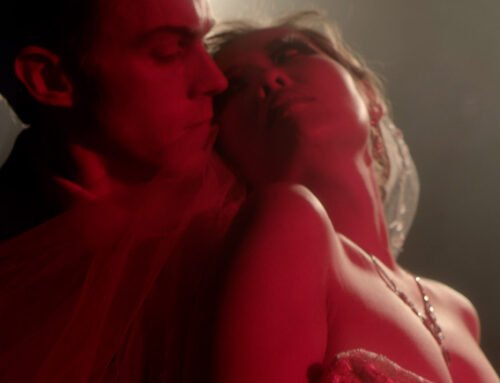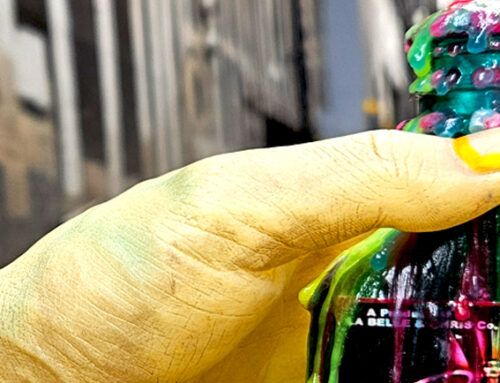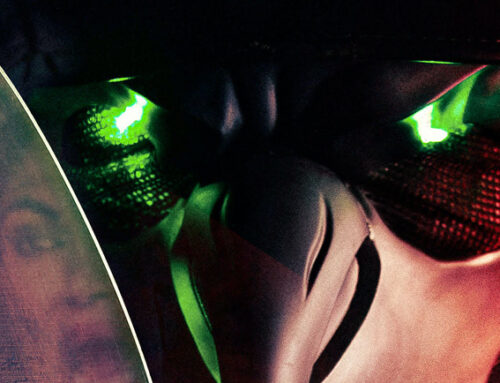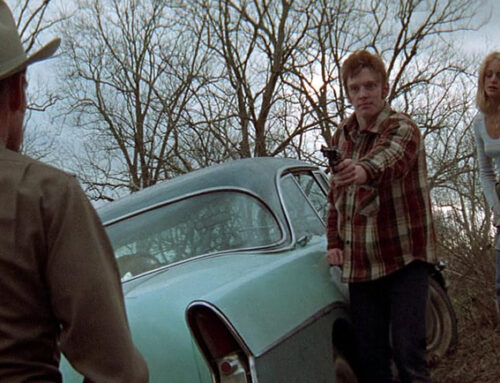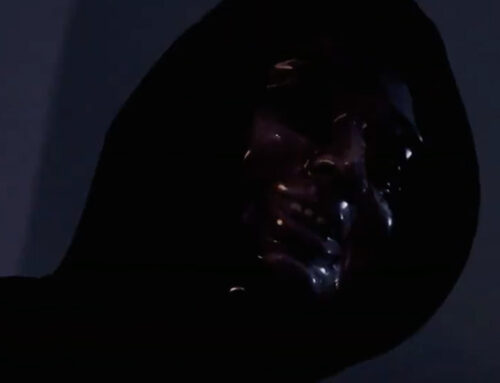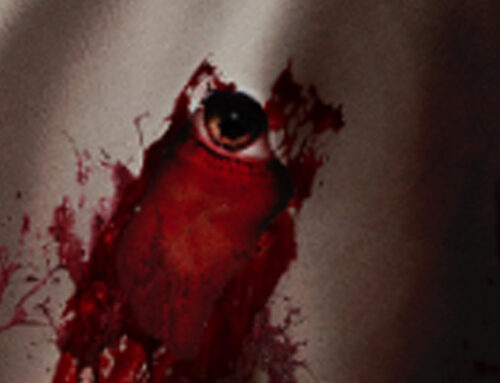Today we’re talking to Tyler Strickland, an award winning film composer and songwriter based in Los Angeles. You can hear Tyler’s recent work in Peacock’s new docuseries “John Wayne Gacy: Devil in Disguise” and “The Oxy Kingpins,” a documentary produced by Adam McKay that premiered at this year’s SXSW. Tyler’s past credits include Netflix’s “Chef’s Table,” “Audrie & Daisy,” “Trial by Media” and “Hot Girls Wanted.” His score will also be featured on the upcoming season finale of “Pride” on FX. Tyler shares some great insight into what it takes to be a composer and we’re excited to hear from him!
Nice to meet you! I’d love it if you could start off by telling me more about your life prior to becoming a film composer. How did you find yourself in this line of work?
Nice to meet you! Music has been a part of my life as long as I can remember, specifically as a guitarist. I started playing in bands when I was in high school, and touring by about fifteen years old on the East coast. I eventually linked up with a band called Mae that was based in Virginia Beach, where I grew up, and started touring with them on a much bigger level in 2008. We toured all over the world for a few years, and along the way I met a few filmmakers who I kept in touch with. After the touring life kind of fizzled out, I really just focused my energy on getting into writing music for film and TV. I managed to score a couple indie films basically for free for friends, and then made a risky move out to LA to dive into the deep end in 2012.
What was the first film / TV show you composed for? How has your style changed (or remained the same) from there?
The first real film I scored was a documentary called The Genius of Marian. It premiered at the Tribeca Film Festival in 2012 and it was a really beautiful, personal story about the filmmaker’s mother going through Alzheimer’s. It was such a valuable lesson in how to score a film. I had to be very delicate in certain scenes, and heavy-handed in others. I also had an opportunity around the same time to score a few episodes of the National Geographic show, Explorer. The super cool thing about that was I was asked to write all kinds of world music, sounds for Africa and Nepal, etc. That was really fun.
Many of your credits fall into the documentary category. What about documentaries intrigues you?
I am and have always been a huge fan of documentaries, but ironically it’s not an area of the industry that I set out to work in. I worked on a few early on in my career like Audrie & Daisy and Hot Girls Wanted that went to Sundance and did really well, and I think I started getting a lot of calls about doing more documentaries. I worked out for the best though because I really love getting to work on real stories, and the filmmakers are just great, honest people in my experience.
You recently composed for the newly released docuseries John Wayne Gacy: Devil in Disguise. Can you share what went into the composing for this true crime documentary?
Did you apply any traditional horror scoring tropes or techniques to your score for Devil in Disguise?
Definitely! I’ve worked on other horror type projects like Castle Rock and some other true crime docuseries like Trial By Media for Netflix, but this was probably the first opportunity to combine my sensibilities for thriller and documentary. That said, with this series we wanted to take a fresh approach to the serial killer docu-series sound. Gacy was obviously a creepy and deeply disturbing person, but there are many layers to his story. It’s kind of a giant web of lies and conspiracies, so we really wanted the music in the show to take on a more mysterious and investigative sound rather than straight forward horror. I used a lot of instruments and sounds in the score that aren’t really easy to identify, like tuned crystal wine glasses, and some cello textures that were heavily processed with different effects. Also because Gacy was mostly active with his murders in the 1970’s, I used some instruments that were popular back then.
What would be your dream project to score?
It would be a dream to continue to explore the world of psychological thrillers. It’s a really great space to write music in, and the weird ideas are often the best ideas. I’m a huge fan of filmmakers like David Fincher and Darren Aronofsky.
Is there any advice you wish you could give to yourself as you were just starting out in this field?
Always say yes to the projects that put you outside of your comfort zone. Until one day you’ll find out what you are particularly good at. Honestly even today, ten years later, I’m constantly looking for projects that need some kind of music I’ve never done before. It’s the only way to grow as an artist.
A big thank you to Tyler Strickland and hopefully you learned something new!

